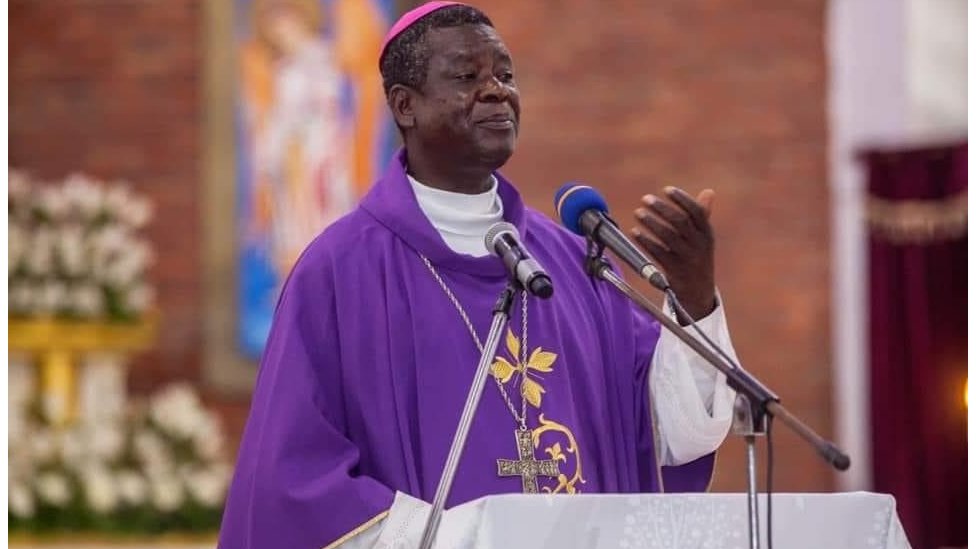Archbishop Samuel Kleda of the Archdiocese of Douala has called on Cameroonian leaders to heed the distress signals of the people. His message comes in response to the recent presidential election results from October 12, 2025, and the ensuing post-election violence.
The Archbishop described the election as a “kairos,” or opportune moment, for Cameroonians to create change. He stated that a significant majority expressed a desire for transformation through their choice of a candidate believed to be capable of addressing the people’s deep aspirations.
Following the announcement of the election results, many citizens felt their voices had been disregarded. Archbishop Kleda noted that widespread disappointment has emerged, prompting leaders to reflect on the consequences of the current situation.
He stressed, “The people are worried. With no signs of hope, families are choosing to leave the country. A populace taking to the streets to voice their despair is reaching a breaking point, appealing to the conscience of their leaders.”
He criticized the government for spending billions on elections while neglecting the well-being of its citizens. “We cannot turn a deaf ear to the distress signals they are sending us,” he asserted.
The Archbishop highlighted that the announcement of the election results has reignited feelings of disappointment and indignation among many Cameroonians, leading to peaceful demonstrations that unfortunately turned violent. Incidents of vandalism and theft have had severe consequences for innocent citizens in cities like Douala, Garoua, Maroua, Bertoua, and Dschang.
Archbishop Kleda urged leaders to examine the root causes of the unrest and work towards effective solutions. “Our compatriots are asking to be heard, for their deepest needs and aspirations to be acknowledged,” he said.
He painted a grim picture of the economic situation, stating that the current unemployment rate stands at 74 percent, with approximately 37.7 percent of the population living in poverty. Over 10 million Cameroonians survive on less than 1,000 FCFA a day, and more than 6 million are either exiled or engaged in illegal immigration. He attributed these issues to a lack of a reliable economic system and significant energy deficits.
The Archbishop condemned the violence and intimidation facing the population, including arrests and assassinations, particularly among the youth. He insisted that such actions must cease, stating, “Cameroon should not be a land of perpetual clashes between the government and the people after each presidential election.”
He asserted that democracy cannot thrive amidst violence, threats, and arbitrary arrests. “Elections are not held to kill fellow citizens. No government can govern without the consent of the people; it must serve and respond to their legitimate aspirations.”
In light of the nation’s challenges, Archbishop Kleda pointed to poor governance, unemployment, youth emigration, inadequate education, decaying infrastructure, and social inequality as factors contributing to a tense climate. He urged for collective awareness and a commitment to finding solutions to the crises undermining the country.
“The preservation of peace and stability in Cameroon depends on addressing these issues and alleviating the suffering of its citizens,” he concluded.
By Nadege Dzilamonyuy Limnyuy

